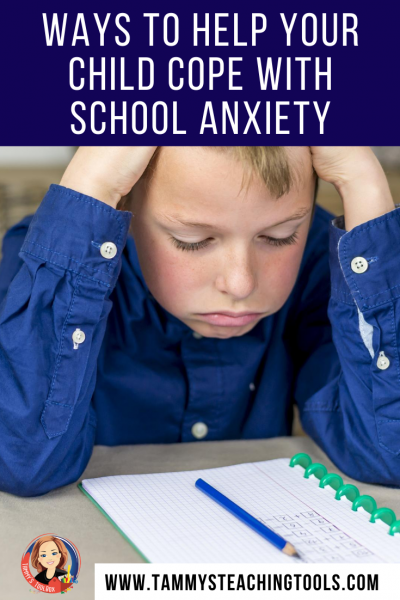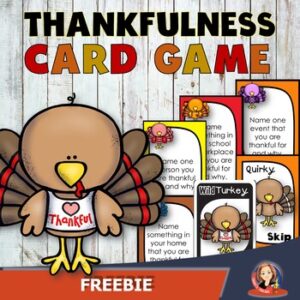School-related anxiety may spike during the holiday season. This is supposed to be the most magical time of the year. But for many kids, and adults too, this season is less magical and more stressful.
Read on to see what Ann Dolin, teacher, author, and President of Educational Connections Tutoring, has to say about helping kids cope with school anxiety at any time of the year.
Does your child struggle with school-related anxiety?
Maybe they avoid the assignments that overwhelm them and procrastinate until the last minute. Maybe they’re perfectionists who keep reviewing their homework over and over again, never sure if it’s good enough. Maybe every test causes serious panic and dread.
These are all common forms of school anxiety—but just because they’re common doesn’t mean it’s easy to know how to respond as a parent! That’s why, when I did a webinar with psychologist Avy

Stock recently, I jumped at the opportunity to ask her what parents can do to help their kids overcome school anxiety. Scroll down to read my recap of what I learned from Avy.
Children’s problems often seem so small in light of our own, and it can be tempting to say something like, “Try not to worry so much! You’ll forget all this in ten years anyway.” Or we may be so eager to see our child overcome this rough patch that we quickly dish out advice and strategies we think will help.
Unfortunately, neither of these are effective responses to a child’s school anxiety. Instead, slow down and listen, validate your child’s feelings, and avoid giving advice unless they explicitly ask for it. Rather than brushing over or trying to fix their problems, be okay with your child experiencing discomfort, so they can learn to cope and manage those feelings for themselves.
Model Healthy Coping for Young Students
Anxiety can show up in children from a very young age, so it’s important to think about how you can help your child cope even when they are in elementary school. At this age, it’s most helpful if you can model healthy responses to your own anxiety-inducing situations.
Allow your child to see the ups and downs of challenging situations in your life and how you cope with the anxieties they bring. Practicing healthy habits with your sleep, eating, and exercise patterns sets a great example they can follow. After all, children don’t always do what we say, but they almost always do what we do!
Celebrate Independence with Older Students
Parenting a middle or high schooler is not for the weak of heart. Watching your child struggle with academic and social challenges is painful, and it’s normal to feel that urge to swoop in and save the day. While there is certainly a time and place to step in as the adult, that’s probably less often than we think.
Help your older children manage anxiety by encouraging them to make their own decisions, take risks, and focus more on their effort than the final outcome. The key here is to support your child when they make mistakes—to let them know that occasional failures are normal and okay. The combination of more independence and more freedom to fail from time to time helps older children cope with anxiety and embrace a healthier perspective on school and life.
Empower Your Child to Fight for Their Mental Health
As parents, our ultimate goal is to prepare our children for life beyond our homes. One way we can do that is to empower our kids to take ownership of their own mental health and find coping strategies that work for them.
Encourage your child to try out some different strategies for dealing with anxiety on their own. Allow them to discover how listening to music, regulating their sleep, minimizing social media use, and talking to trusted friends can help them cope.
And if your child finds time management, organization, and other executive function skills to be overwhelming and anxiety-inducing, don’t hesitate to get your child a coach to help them learn the skills they need!
Find more educational advice from Ann at https://www.ectutoring.com/our-blog
 Teaching Tip: Have students create index cards with coping skills that they find useful. Examples might be: breathing exercises, a short walk, getting a drink of water, time to doodle or color, reading positive affirmations, or talking to an adult. Have them keep these on a ring and pick one when things seem overwhelming.
Teaching Tip: Have students create index cards with coping skills that they find useful. Examples might be: breathing exercises, a short walk, getting a drink of water, time to doodle or color, reading positive affirmations, or talking to an adult. Have them keep these on a ring and pick one when things seem overwhelming.
Make sure to check out some of the growth mindset activities at Tammy’s Toolbox. Practicing proper thinking is one way to help cope with anxiety. You may also like this blog post on Growth Mindset.




